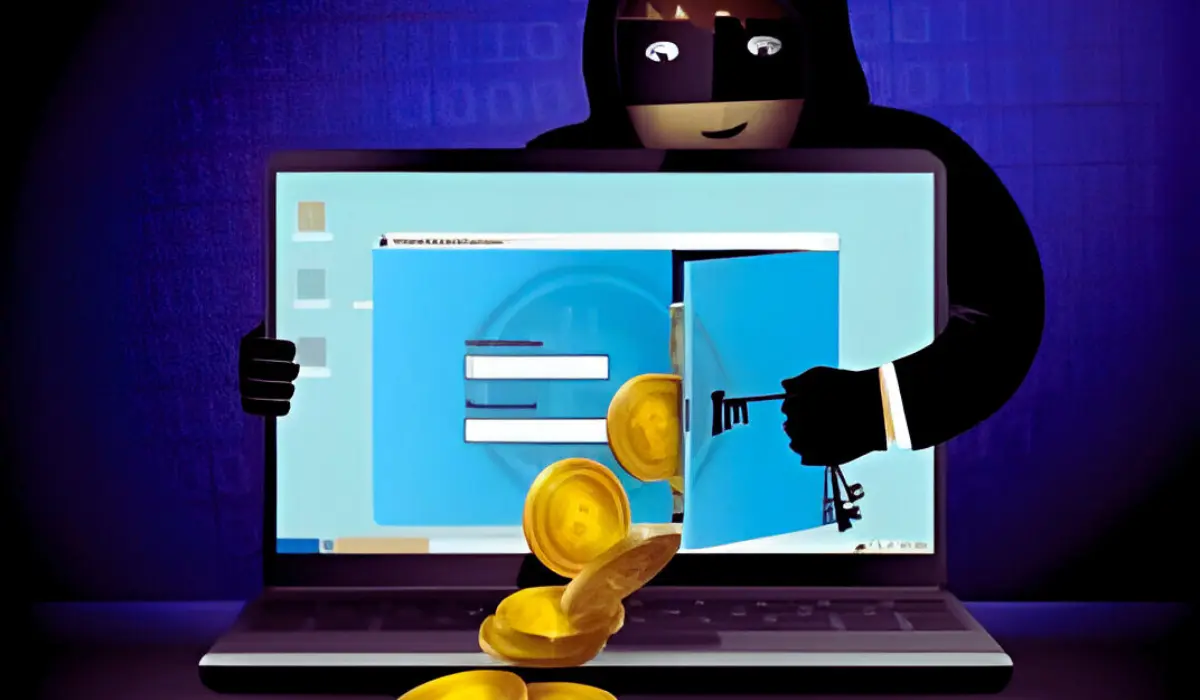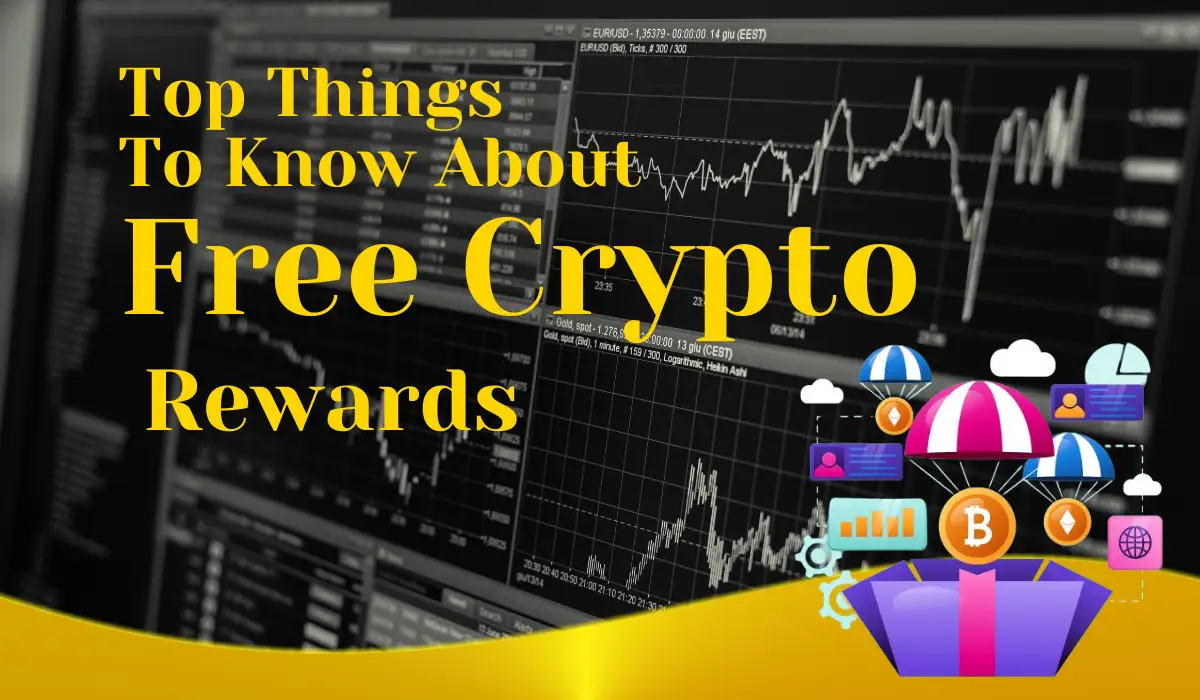I bet you have heard about at least one free crypto reward solely within the last month and many more before that. So, has anyone got those rewards? Have you? Are they all legitimate or outright scams? We need answers.
The truth is, it could be either. There are legitimate ways through which you can earn free cryptocurrency, and there are the ones that appear to be legitimate but end up stealing your funds by making fake promises.
Either way, you need to be aware of certain matters before you jump right into a supposedly free crypto opportunity.
How to earn free crypto?
I have already mentioned that there are genuine ways by which you can earn crypto rewards without losing what you already have. So what are they?
Learn & earn
Coinbase is an exchange popular for its learn-and-earn program. This would require the user to watch a few cryptocurrency tutorials on the website and take a short quiz that they need to pass to earn the tokens.
The catch here is that you wouldn’t have a choice with the kind of cryptocurrency you get. Apart from Coinbase, CoinMarketCap.com also offers a similar program where you can earn free crypto rewards while learning about it.
Staking Rewards
Staking tokens is the activity of participating in the validation of transactions and maintaining the integrity of the network by holding several tokens.
Staking often helps users secure rewards mostly in the form of free cryptocurrency. These additional tokens you might receive depend on different factors like the number of tokens staked, the overall network participation rate, as well as the duration of staking.
Airdrops
Airdropping free crypto rewards is usually a way of promoting businesses or newly launched cryptocurrency platforms.
The distributors do not give away free tokens to anyone and everyone but to those who meet specific criteria like joining a platform or completing a task.
Also, the user needs to have a non-custodial crypto wallet that ensures the security of transactions and supports the specific blockchain of the rewarded currency.
Free NFTs
Free NFTs are often offered as an invite bonus to the top investors of a fairly new crypto project. Another way to get free NFTs is to follow Twitter giveaways.
Several platforms promote their service on Twitter by asking users to tweet and retweet the project, for which they give away free crypto rewards.
Crypto Lending
Crypto lending, also known as Decentralized Finance (DeFi), is an activity that lets investors become the bank through peer-to-peer transactions using decentralized technology. This unregulated lending, although risky, promises higher returns compared to traditional banking.
Crypto lending on established platforms involves collateralization to protect against default, and if happens so, the platform is authorized to liquidate the collateral to make up for the loss experienced by the lender.
Risks associated with free crypto rewards

Crypto rewards often come with risks of various kinds. No matter how careful, at times, you might end up getting scammed in ways you wouldn’t imagine.
Fraudulent Programs
Sometimes, scammers come up with bogus claims, free giveaway scams, setting up fake crypto reward programs, and scamming users to steal their personal information and existing funds.
They often ask for sensitive information or an initial investment to activate the crypto rewards and shut down the promotional site once they receive those.
Regulatory Risks
Since there is no regulatory authority that oversees the transactions, it affects the security of such free cryptocurrency programs even more.
If you lose money with fraudulent programs or with crypto lending, there is no way to recover the amount that you lost.
Tax Implications
Depending on the kind of digital asset you receive and your jurisdiction, free crypto may have tax implications. This is almost certain in the case of NFTs where you owe a percentage of your profit every time you make a sale.
The Bottom Line
While being a cost-effective way of acquiring tokens, free crypto rewards most often pose some kind of threat to your holdings. Apart from what is mentioned, such transactions involve risks, especially with methods like crypto lending.
There could be counterparty risks where the borrowers may default on the currencies they borrowed, and volatility risks where the fluctuating price may affect the collateral value. So, think twice or thrice before you make an impulsive decision.
